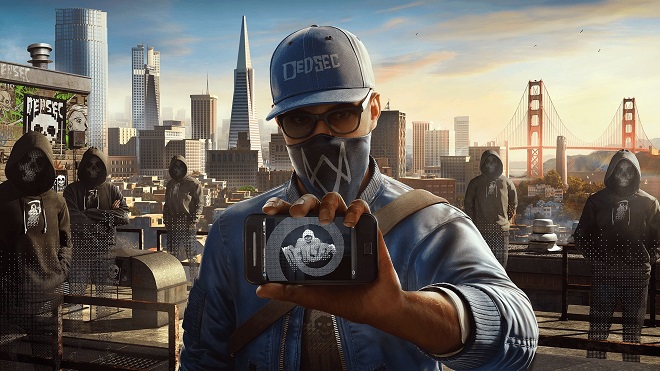Cognition Dissemination: Ignore NFTs in Gaming at Your Own Peril

NFTs have taken off in a big way this year. They’re a scourge.
NFTs stand for “non-fungible tokens,” and started as being a way for people to own digital artwork through the blockchain, which utilize a considerable amount of ram in computers to mint. The idea behind it, if you want to call it that, is for people to purchase and own them in the chance that they themselves can resell it for a higher price — considerably higher in potential cases. There’s little chance that many of these will be worth much money in the near future, but the sellers are counting on gullible people to not realize this in their delusions of grandeur. Writers aren’t supposed to use clichés, but one applies here: A fool and his/her/their money are soon parted.
There’s high potential for this entire pyramid scheme to collapse in due time, but several people and organizations are looking to make all the money they can before that happens, regardless of whose graves they need to desecrate.
Several video game developers and publishers have already engaged in what are essentially scams, and of course they’re looking for ways into the NFT craze beyond simply selling artwork drawn by someone who won’t see a cent of the cash made online if they don’t own it. They’re quickly realizing that money can be made if they implement NFT functionality directly into the games they make, a phenomenon people should keep eyes on in concern.

Ubisoft has been the most discussed publisher looking to edge their way into the fun in recent memory. They announced their intention to delve in through a YouTube video downvoted into purgatory (which you can’t see now without a third-party function thanks to Google removing them from visibility for viewers) as part of the Ubisoft Quartz experience. But their attempt to jump into it also isn’t going well financially either, with the unique numbered items in Ghost Recon Breakpoint selling hilariously poorly.
Don’t take this to mean they’ll give up on it, though. Far from it. Ubisoft CEO Yves Guillemot, one of the most morally bankrupt asshats in the gaming industry, essentially told employees who weren’t fans of the company’s jump into the NFT craze to suck it up. Didier Genevois, the company’s Blockchain Technical Director (I shit you not), said the same in a kinder way during a talk with Decrypt:
“We have received a lot of feedback since the announcement, and we hear both the encouragement and the concerns. We understand where the sentiment towards the technology comes from, and we need to keep taking it into consideration every step of the way.”
This is not the impression of a company with any intention to stop. They will maintain their desire to profit from this venture as hard as possible, with the thought process that the current audiences will eventually warm up to it. Today’s Horse Armor is tomorrow’s shooter map pack.
It’s somewhat surprising that Ubisoft was the first AAA company to jump to this, and not the one that received several awards for the Worst Company in America. But fear not! EA CEO Andrew Wilson said that NFTs and “play to earn” games are “the future of our industry,” truly one of the most frightening threats to the medium in recent memory. Further horrors always await on the horizon.
There are, however, considerably worse examples that exist which could be a morbid sign of things to come. Peter Molyneux, an overpromising game designer who could never pass up a good grift, recently launched Legacy, a crowdfunding platform that involves a virtual recreation of London where players can purchase digital portions of land. It took only a week for players to invest $54 million into it, though blockchain game developer Gala Games didn’t clarify how many unique players purchased land. Will Wright has also gotten in on the action with Proxi, in which players can create and sell NFT-driven items and use them to create in-game memories. The mere thought of this is depressing.

This is all just the beginning. Just because Ubisoft has seen serious blowback from the community and their employees from their first NFT efforts doesn’t mean they plan on stopping anytime soon. Just because the community successfully made their voices heard to, say, GSC Game World to the point that they (hilariously, might I add) reversed their plan to implement NFT functionality into S.T.A.L.K.E.R. 2: Heart of Chernobyl doesn’t mean other developers will be similarly deterred. When some developers and the executives within them see green, nothing else can enter their field of vision.
This is yet another way in which the future of gaming doesn’t seem bright, or at least a segment of it. Becoming a retro gamer sounds more enticing by the month, though I’m sure there will still be developers who make games that don’t depend on NFT functionality and are largely bereft of the worst kinds of downloadable content and microtransactions. Either way, this will nonetheless be miserable for a segment of the gaming industry, and the audience members that haven’t fully embraced their inner cryptobro. Or cryptogal. Whatever.





